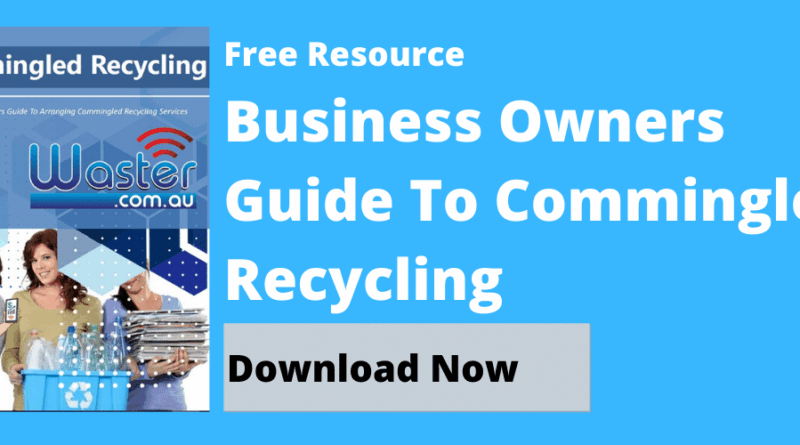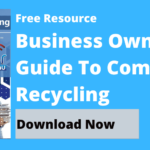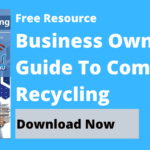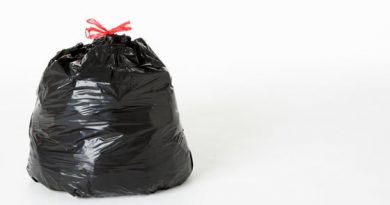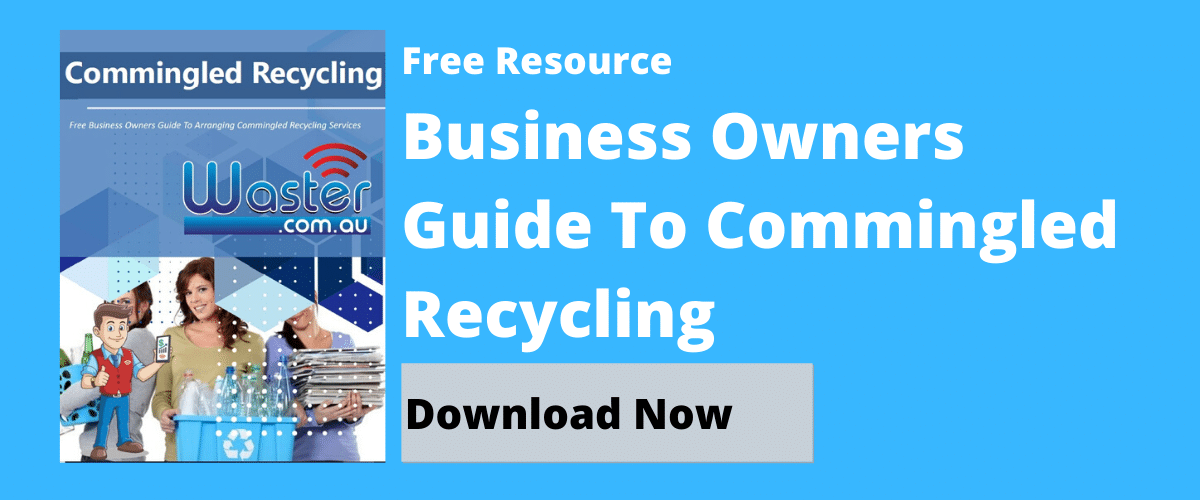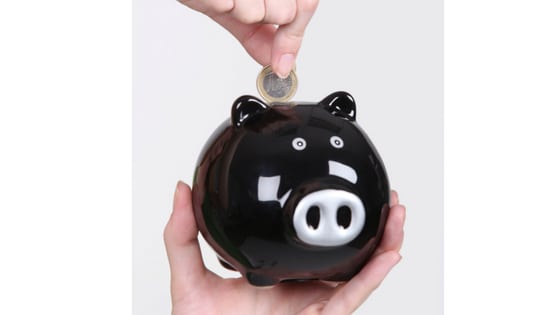Surfboard Recycling In Action: Building Homes from Foam Waste 🏄
Energy Disrupter
Surfboard Recycling 🏄: A premier architectural firm, Hawaii Off Grid, has found an innovative way to repurpose old surfboards by transforming its foam materials into ‘Surfing blocks’ for home construction.
I’ve always wanted to learn, or at least try, surfing. I’ve never had the chance. With no surf spots nearby and little time or money to travel, it has remained one of those dreams I have had to put on hold.
Why do I have this dream? Well, when I, or we, think of surfing, we imagine freedom, adventure and a deep connection to the ocean. It’s a lifestyle rooted in nature. This, of course, makes surfing worth trying.
But beneath the idyllic image lies a surprising contradiction: surfboards, the very tool that brings us closer to the sea, are also part of a growing waste problem.
Each year, thousands of surfboards are discarded. Built from toxic, non-biodegradable materials, they often end up in landfills or pollute our coastlines.
That’s where Hawaii Off Grid comes in—a local company pioneering surfboard recycling by transforming broken and discarded boards into durable, sustainable building blocks used to construct off-grid homes.
It’s a powerful solution to two apparent problems: waste and housing.
>Download Now: Free PDF Business Owners Guide To Commingled Recycling Bin Services
The surprising cost of surfboards
Modern surfboards are typically made from polyurethane or expanded polystyrene (EPS) foam, coated in fibreglass and resin. These materials are prized for performance, but are extremely difficult to recycle.
Once a board breaks, delaminates or becomes outdated, it’s often thrown away. And while the surf industry continues to grow, surfboard recycling has lagged far behind.
Globally, surfboard production generates significant waste. Every step of the process, from shaping foam blanks to sanding fibreglass, produces offcuts and chemical by-products. And once boards reach the end of their life, there’s no easy way to dispose of them responsibly.
Most waste management systems can’t process composite materials like foam-resin combinations.
For island communities like Hawaii, where both surfing and waste challenges are front and centre, the issue is especially pressing.
Limited landfill space, high import costs for building materials and vulnerability to natural disasters all add up to a serious need for innovative thinking.
Surfboard recycling: Hawaii Off Grid’s brilliant approach
Enter Hawaii Off Grid, a company taking surfboard recycling in an exciting new direction. Rather than letting old boards pile up in landfills or drift out to sea, they’re collecting them and grinding them down to create building blocks… literally.
The discarded foam is processed into a fibrous material and compressed into lightweight blocks with excellent insulation and weather-resistant properties. These recycled foam surfboards become the backbone of tiny homes, off-grid cabins and emergency shelters.
The blocks are surprisingly sturdy and perform well in Hawaii’s tropical climate. Most impressively, the entire process keeps materials out of landfills while creating affordable, sustainable housing. It’s a rare win-win in the world of waste.
Built for the people and the environment
The homes built from these blocks aren’t just eco-conscious. They’re designed for full off-grid living. Many include:
-
Solar panels for renewable power
-
Rainwater catchment systems
-
Composting toilets
-
Minimal carbon footprints
These features make the homes especially useful for rural communities, eco-tourism ventures and post-disaster rebuilding. Hawaii Off Grid’s designs also help address the island’s severe housing shortage by offering low-cost alternatives to traditional construction, using recycled foam surfboards as the foundation.
In a region where real estate prices are among the highest in the U.S., and where severe storms can displace residents overnight, this kind of modular, mobile housing offers both resilience and hope.
What Hawaii Off Grid has created is a compelling example of the circular economy in action. Instead of allowing a product’s life to end in a landfill, they’re giving it a new purpose. Surfboard recycling becomes a catalyst for community development.
This kind of thinking raises bigger questions about the surf industry. Could surfboards be designed from the beginning with disassembly or recyclability in mind? Could manufacturers work with recyclers to create end-of-life programs for boards?
Until those changes arrive on a global scale, Hawaii Off Grid is showing that local, hands-on solutions can make a real difference, especially in regions where environmental awareness is high but waste solutions are limited.
Surfboard recycling: a sustainable model with real-world impact
What Hawaii Off Grid has created is a compelling example of the circular economy in action. Instead of allowing a product’s life to end in a landfill, they’re giving it a new purpose. Surfboard recycling becomes a catalyst for community development.
Even more importantly, they’re already putting it into practice in some of Hawaii’s most vulnerable communities. The company is currently using its construction blocks to build homes in the Lahaina fire zone, where hundreds of structures were destroyed in a catastrophic wildfire.
By replacing traditional concrete with insulated composite concrete forms (ICCFS) made from recycled materials, they reduce the environmental impact and cut building costs. Less concrete means lower carbon emissions—and faster, more flexible home construction.
Hawaii’s housing crisis makes this work even more urgent. The state faces a severe shortage of affordable housing, driven by high construction costs, limited land and increasing climate-related disruptions.
Simultaneously, Hawaii struggles with polystyrene waste, much of it from packaging and household products, that clogs landfills and resists decomposition.
By collecting and repurposing this material into construction blocks, Hawaii Off Grid tackles two pressing issues at once: the overproduction of waste and the underproduction of homes.
Waster’s final thoughts
Though the company is based in Hawaii, the implications are global. Surf-centric regions such as Australia, California and Southeast Asia face similar challenges. Could surf clubs, councils or green start-ups take this model and apply it locally? Could recycled foam surfboards one day be used to build eco-lodges, disaster shelters or even schools?
In an era where complex problems demand creative solutions, Hawaii Off Grid offers a refreshing blueprint—one rooted not in high-tech labs, but in grassroots ingenuity. Their process may be small-scale for now, but the message is clear: sustainability is achievable, practical and ready to build.
So next time you snap a board, think twice before tossing it. Someone might just be turning that waste into a home, and a second chance for both the planet and its people.
Contacting Waster
Looking for a specific bin service? Check out our waste recycling shop and find the best deals in terms of pricing and services.
Also, please call 1300 WASTER (1300 927 837), or email us at enquiries@waster.com.au if you have any further questions.




